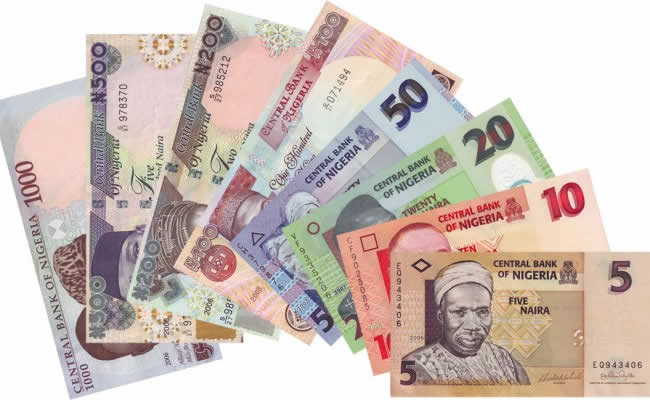
Hitherto, fuel subsidy payment in Nigeria used to shadow the international price of crude oil. Because we imported almost all our PMS, if oil price increased and our regulated local fuel pump price was held constant, then fuel subsidy increased to take up the slack. So, when Candidate Muhammadu Buhari made his famous “anybody who says he is subsidising anything (fuel) is a fraud” speech, we thought that with his advent as President, the “fraudulent” and saprophytic fuel subsidy would be rested forever.
Now fast forward to President Buhari.
Fuel price increased from N87 per litre to N145 per litre. We were also told that the fuel subsidy which we said did not exist (and was a fraud under the previous government) had been removed. After which, we changed the terminology from fuel subsidy to under recovery. Following which we magically increased our fuel consumption from 30 million litres a day to about 65 million litres a day, and despite the aforementioned increased fuel pump price, we still managed to increase annual fuel subsidy (which we previously claimed did not exist and was a monumental fraud) to over N1.5tn, which is more than 50 per cent of the Federal Government’s 2017 total revenue of N2.65tn, and circa N500bn, more than what the previous administration paid despite higher oil prices and lower local pump price of PMS.
Then, conveniently, under the either ignorant or malignant guise of a low Debt to GDP ratio, we ratcheted our debt service to N1.82tn, pushing our Debt Service to Government Revenue Ratio from 13.46 per cent in 2010, 14.84 per cent in 2011, 18.72 per cent in 2012, 20.54 per cent in 2013, 29 per cent in 2014, 28 per cent in 2015, then a geometric progression gallop to 66 per cent in 2016, and 69 per cent in 2017.
We also magically increased recurrent expenditure from N1.96tn per annum under the previous administration to N2.75tn. And this was done without increasing minimum wage nor any major increase in the number of our circa 800,000 civil servants, totally against the grain of government’s constant news of weeding out scores of “ghost workers”, plugging massive leakages, degrading corruption and over N3tn savings from implementing the Treasury Single Account.
It has been a wild ride so far. Interestingly, we can no longer blame a crash in oil price for our malaise. Crude oil is selling at about US$84 per barrel (averaged US$70 per barrel so far in 2018). This is well above the US$50.50 per barrel budget oil price benchmark and by extension a US$52.40 per barrel spread compared to the budgeted US$18.10 per barrel spread (US$31.60 production cost per barrel). So, the question is, other than a shortfall in production (from the budget projected 2.1 million barrels a day to 1.7 million barrels a day) as noted by government, what happened to what should be a 300 per cent increase in expected oil revenue compared to projections which clearly cannot be explained by a 19 per cent shortfall in production? Why is our oil revenue still short by circa 37 per cent?
Do you now understand why we are still borrowing (particularly commercial debt) like a drunken sailor? And some say that our current problem is due to 16 years of an inept Peoples Democratic Party administration.
Nigerians, “Nos morituri te salutamus!”
“We who are about to die salute you!”
Dr. Jekwu Ozoemene
Port Harcourt, Rivers State
END

Be the first to comment